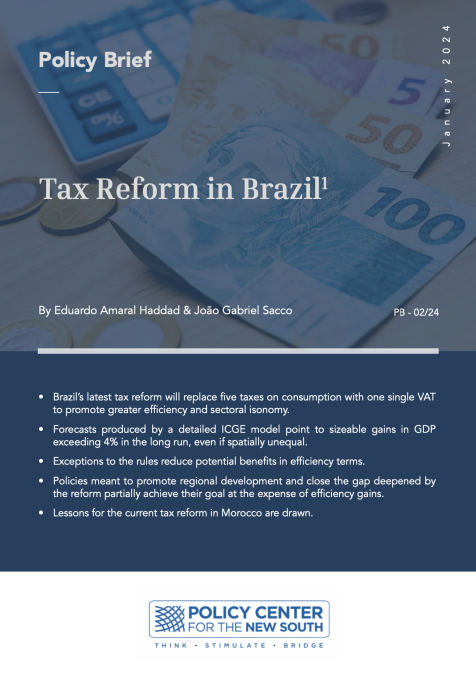في هذه الحلقة، تم مناقشة العوامل الأساسية التي يجب أن تأخذها الدول العربية في الاعتبار عند وضع خططها الوطنية للصمود الاجتماعي والاقتصادي، بالإضافة إلى كيفية تعزيز التعاون الإقليمي لتحسين قدرتها على مواجهة الأزمات. كما تم استعراض دور التكنولوجيا الحديثة في تحسين التخطيط الوطني للصمود الاجتماعي والاقتصادي. استضافت الحلقة وليد عبد مولاه، وكيل المعهد العربي للتخطيط، الذي قدم رؤى حول كيفية تطوير استراتيجيات فعالة للتصدي للتحديات الاجتماعية والاقتصادية في المنطقة
Speakers












